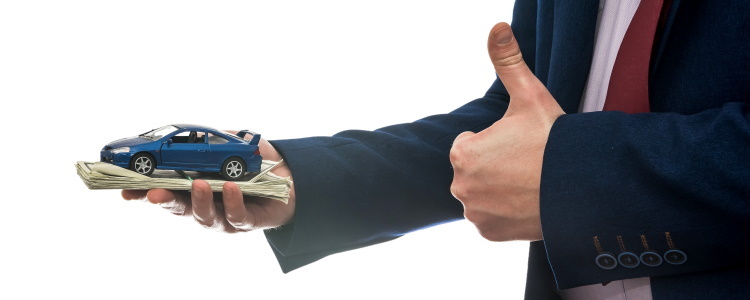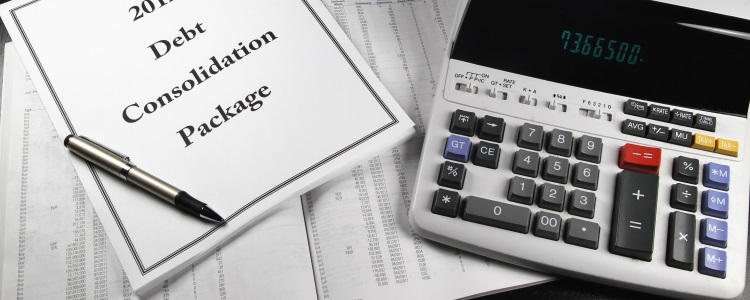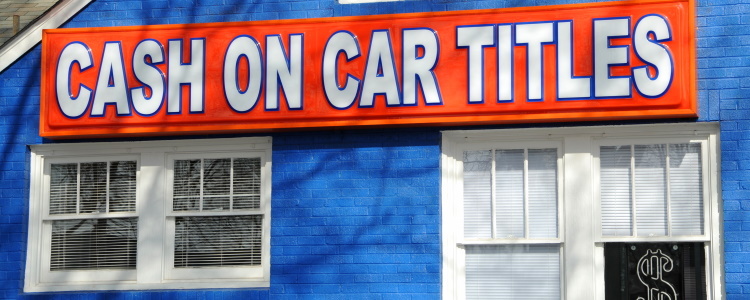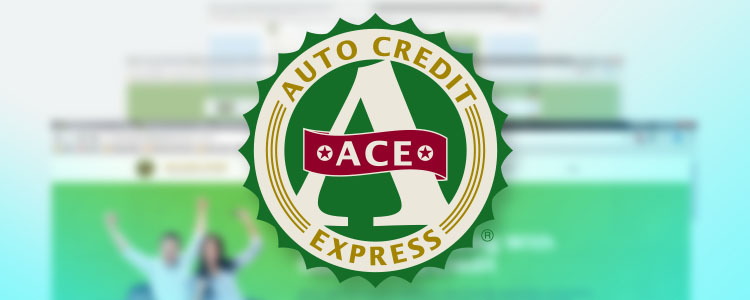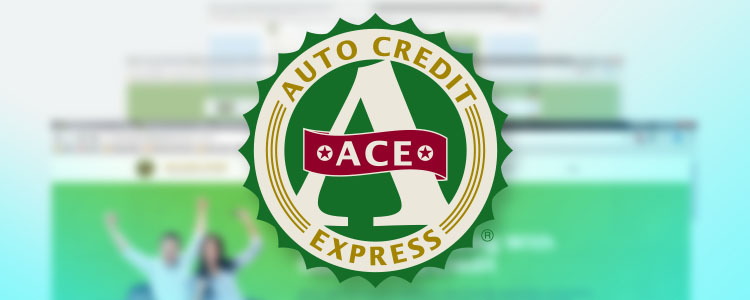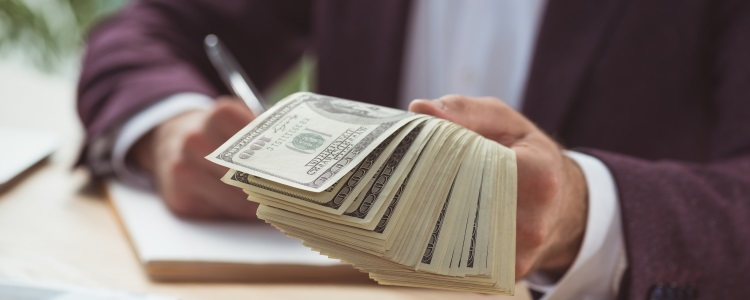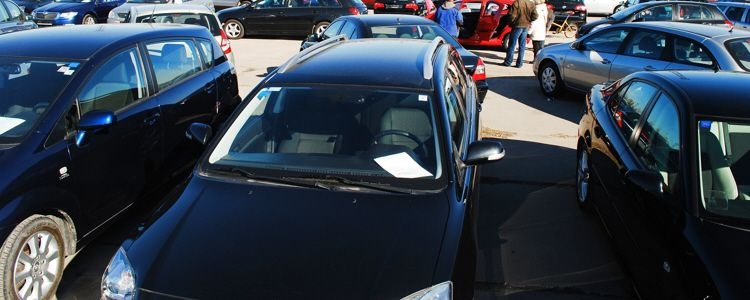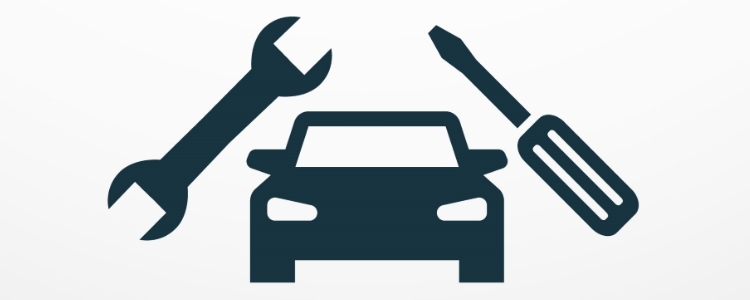You can technically buy anything you want with a personal loan, including a car. However, it may not be the best idea to use a personal loan for the purchase of your next car, truck, or SUV. Personal loans work a little differently than auto loans, and may not be an advantage in every case.
Personal Loans vs. Auto Loans
Personal loans work differently than auto loans and this may be a deciding factor in whether or not you go for one. Personal loans are unsecured loans and typically have a shorter loan term and potentially higher interest rates than auto loans.
Since there's nothing to secure a personal loan, interest rates tend to be higher. Rates are typically lower in an auto loan because the lender can use the vehicle as collateral, and come to repossess it if you stop paying. Though personal loans can technically be used for any reason, including the purchase of a car, the higher interest rate may not be worth it, especially with the cost of cars continuing near record highs right now.

Additionally, if you're struggling with credit issues, getting a personal loan may not be easy. If you need to finance a vehicle with poor credit, there are lenders available to help make it happen. Getting a bad credit car loan could be easier than getting a personal loan with bad credit, depending on your situation.
Rather than using a personal loan to buy a car with no strings attached, an auto loan may save you over time. The point isn't to get the biggest loan you can but to get a big enough loan to finance an affordable, reliable vehicle.
Personal Loans For A Down Payment
Though a personal loan can be used for nearly any purpose, a down payment on a car loan is typically not accepted by auto lenders. In fact, it may be more difficult to get a car loan if the lender sees you just took out a personal loan. Besides, even if you do still qualify for an auto loan, you'll be left paying for two loans instead of one. Here are some other tips regarding personal loans and down payments:
- Lenders like to see you invest your own savings into an auto loan down payment. It's been shown that borrowers who use a larger down payment are more likely to repay their loan since they're already invested in the process financially.
- If you can't come up with the cash for a down payment, you can also use any equity in your current vehicle toward your next car.
- Personal loans are a form of unsecured loan that comes from a bank, credit union, or online lender. This means there is nothing backing up the loan as collateral. Collateral is something physical that a lender can repossess, such as a car or a house.
- A personal loan does have the same repercussions, so if you fail to make your payments you may find yourself facing penalties such as late fees or your entire balance coming due at once. If you continue to not repay an unsecured loan you will find yourself with increasingly low credit scores, and may even face the closure of your credit cards.
- Personal loans are a form of installment credit, which means you repay them gradually over time. Revolving credit is the type of credit you find in a credit card, where you have a balance you can spend against, as long as you're making minimum payments.
- Installment loans have set payments that you must make every month or you can face consequences such as collections and negative marks on your credit for seven years.
Alternative Options for Car Down Payments
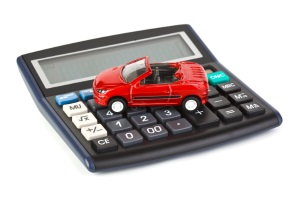 If you can’t use a personal loan as a down payment, what are your options? You have three to consider:
If you can’t use a personal loan as a down payment, what are your options? You have three to consider:
- Trade equity – If you have a trade-in that has equity (worth more than you owe on the loan), you can apply that toward a down payment.
- Cash – If you don’t have a car to trade in, you can use your own cash to use as money down.
- Combination of both – If neither alone covers the down payment requirement, or you want to put more down, you can use both cash and trade-in equity.
Importance of Down Payments and Credit Scores
If you have bad credit, you should make the largest down payment you can afford. Not only can you increase your approval odds, but you also end up saving money by reducing your total interest charges and may qualify for a lower monthly payment.
Even borrowers with good credit can benefit from putting more money down, though to a lesser extent because they receive better interest rates than borrowers with poor credit.
Down Payment Requirements for Bad Credit
If you have bad credit, you're usually required to make a down payment. Lenders like to see that you’re invested in the auto loan and serious about completing it, so they ask that you put your own money into it.
With that being said, what exactly are the down payment requirements for those with bad credit? Well, it depends, and it’s not easy to put a definitive number to it. What we do know is that different bad credit lenders require different down payment amounts.
Subprime lenders
Lenders that work through special finance dealerships generally ask for a minimum down payment of $1,000 or 10% of the vehicle’s selling price, whichever is the lower amount. So, in theory, you could choose a model selling for $7,000 and only need $700 to meet the minimum down payment requirement.
Buy here pay here (BHPH) dealers
Sometimes referred to as tote-the-note dealerships BHPH dealers are in-house financiers, meaning they’re both the dealer and the lender. They are one-stop shop car lots, and although it’s easier to get approved at one of these dealerships, their down payment requirement is typically steeper than a subprime lender's. In most cases, the amount of money required is dependent on the vehicle you choose.
Impact of Down Payments on Approval and Interest Rates
Depending on the other factors involved, showing up at the dealership with a down payment doesn't guarantee your approval for a car loan. However, having a down payment is often a requirement when you need to take out a loan. The more money you can put down, the less you have to borrow, and that smaller loan amount may actually be what impacts your approval chances.
Additionally, one of the other big impacts a down payment can have is on your interest rate. If you have the ability to put more down and take out a smaller loan you may also qualify for a lower interest rate since shorter loan terms tend to go for smaller APRs. When you're looking for loans, notice that the longer loan terms typically cost more in the long run due to both a higher APR and more time spent accruing interest.
This is why putting down the most you can afford as a down payment and opting for the shortest loan term you can afford go hand in hand when getting an auto loan.
The Bottom Line
A personal loan is a type of unsecured loan not backed by collateral, such as a car or house. Personal loans are installment loans, which means they have a fixed repayment term with a fixed interest rate. Lender rules state that you can't use a personal loan for a down payment on a vehicle because they want you to have your own money invested in the loan. However, there are other options for you to consider that may require some planning ahead.
You can’t use a personal loan as a down payment on your next auto loan, but, with some planning, you can use your own money, a trade-in, or both.
Once you feel ready to get the car-buying process started, we can help you locate a dealer near you that’s able to assist you. For over 20 years, Auto Credit Express has helped bad credit borrowers find auto financing by connecting them to local dealerships.
To get started, all you have to do is fill out our free and fast car loan request form, and we’ll get right to work matching you with a dealer.

